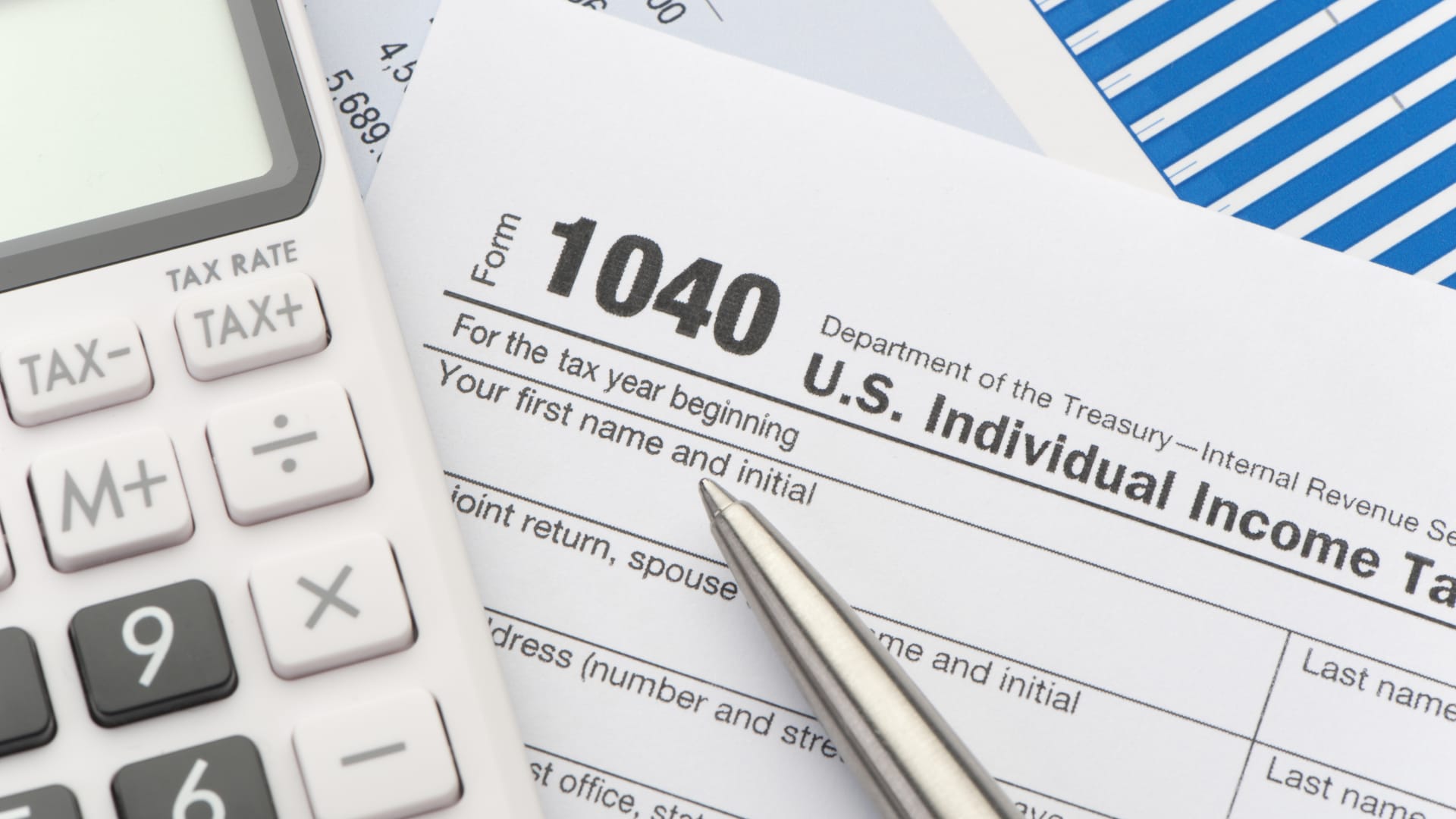If you’re scrambling to finish your taxes, it’s easy to overlook the forms needed for a complete and accurate return. Such careless errors may delay your refund, according to the IRS.
In most states, you’ll need to file your federal return and pay your bill by April 18 to avoid late filing and payment penalties. But filing an extension by the due date dodges the late-filing fee of 5% of your unpaid balance per month, capped at 25%.
Whether you file your return now or after an extension, you’ll need to have all your paperwork handy to sidestep IRS scrutiny.
Moreover, you may miss tax-savings opportunities if you file with incomplete information, said certified financial planner Edward Jastrem, director of financial planning at Heritage Financial Services in Westwood, Massachusetts.
Before filing your return, you’ll need forms for each source of income. The more common ones you may be familiar with include a W-2 from your job, a 1099-NEC for contract work and a 1099-G for unemployment income. You can double-check these by pulling a free IRS transcript.
As for write-offs, common forms may include the 1098 for mortgage interest, 5498 for individual retirement account deposits and 5498-SA for health savings account contributions, among others.
Even if you have all the most common forms, you may accidentally skip some of less familiar ones, resulting in an incomplete return, tax experts say.
Investment income
Filers often miss tax forms for investment income, for example, said Ryan Marshall, a CFP and partner at ELA Financial Group in Wyckoff, New Jersey.
The most frequent omissions are 1099-B for capital gains and losses and 1099-DIV for dividends and distributions, he said.
“There is a common misconception that if a client didn’t physically receive payment from their investment, then it is not taxable,” said Marshall, suggesting filers always check their accounts for documents and review past returns.
Nondeductible IRA contributions
Another common mistake is skipping Form 8606 for nondeductible IRA contributions, said Marianela Collado, a CFP and CPA at Tobias Financial Advisors in Plantation, Florida.
It’s an issue because you may need this paperwork to verify contributions for so-called Roth conversions, a move that bypasses the income limits for Roth IRA deposits, allowing future tax-free growth. Without proof of the original deposits, you may get taxed on the same income twice.
Foreign bank accounts
And you must be diligent with the Report of Foreign Bank and Financial Accounts, known as FBAR, on FinCEN Form 114, Collado said. The FBAR applies to bank accounts outside the U.S. with a balance of $10,000 or more during any day of the calendar year.
“This one carries criminal implications if you fail to file or, worse, fail to report the income associated with that foreign bank account,” she warned.
Qualified charitable distributions
Investors age 70½ and older may use qualified charitable distributions, or QCDs, to donate up to $100,000 per year from an IRA, allowing the retiree to reduce adjusted gross income.
However, the move often triggers a mistake since brokerages don’t separate the QCD transfer on Form 1099-R, which reports retirement plan distributions, explained Jastrem, of Heritage Financial Services.
For example, if you withdrew $50,000 from an IRA in 2021 and $20,000 was for the QCD, your 1099-R will show $50,000 for distributions, even though only $30,000 is taxable income.
“If the individual or tax preparer does not make a manual adjustment and record the QCD, the entire IRA distribution could be reported as taxable,” he said.
